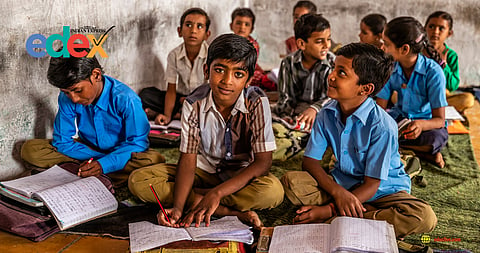

The cane, long condemned as a relic of a harsher time, has returned to public debate. The Kerala High Court last week quashed criminal proceedings against a teacher accused of caning a student while breaking up a fight, holding that a teacher can enforce discipline and correct pupils if the act is bona fide, intended to guide, not to harm.
Justice C Pratheep Kumar pointed out that the teacher had used “only minimum corporal punishment and had no intention to cause any hurt to the students beyond what is required for enforcing discipline”. The judge described the prosecution as “unfortunate”, suggesting that intent, not merely the act, should determine culpability.
This is not a precedent. Earlier this year, Justice P V Kunhikrishnan remarked, “Let teachers, if they wish, carry a cane… It need not always be used, but its mere presence will deter students from misbehaving.” The court has often emphasised the teacher’s right to protection from prosecution if the act is carried out in good faith.
Behind these cases lies a deeper unease. Between 2020 and 2024, 18 cases against teachers reached the Kerala High Court—nearly matching the number filed over the previous two decades. Judges have expressed concern that growing mistrust and quick recourse to litigation may be eroding teachers’ authority in the classroom.
However, the position sits uneasily with settled law. The Delhi High Court, in Parents Forum for Meaningful Education (2000), stated that the State recognises the child’s right not to be exposed to violence of any kind connected with education. Subsequently, the Right to Education Act, 2009, prohibited physical punishment and mental harassment in schools. The National Commission for Protection of Child Rights has said that hitting or humiliating a child is not discipline but a form of abuse that strips away freedom, dignity, and the desire to learn.
When such cases come before courts, they call for an understanding of how deeply children depend on the adults around them for safety and trust. Discipline cannot grow out of fear. Teachers do have the duty to maintain order and shape a child’s character, but that role calls for patience, guidance, and example—not the cane. For this balance to hold, trust between teachers and parents is essential.
